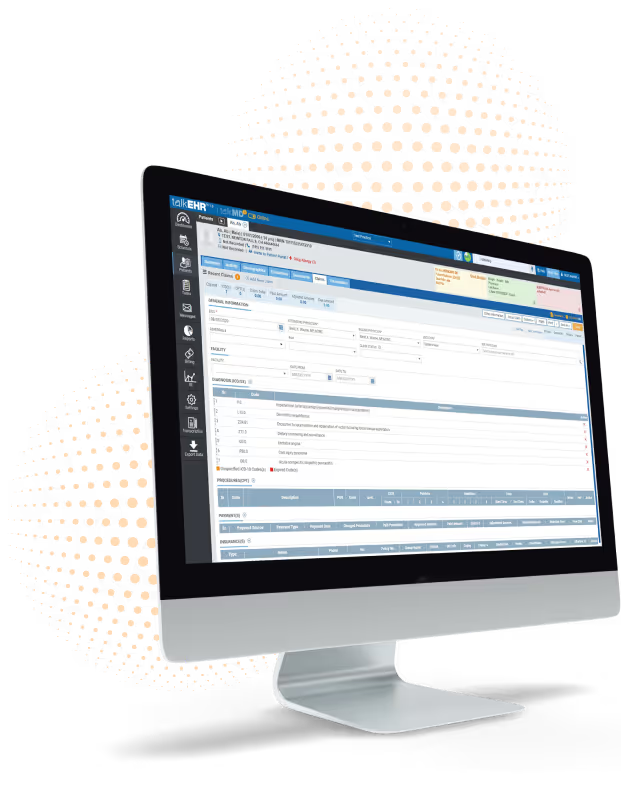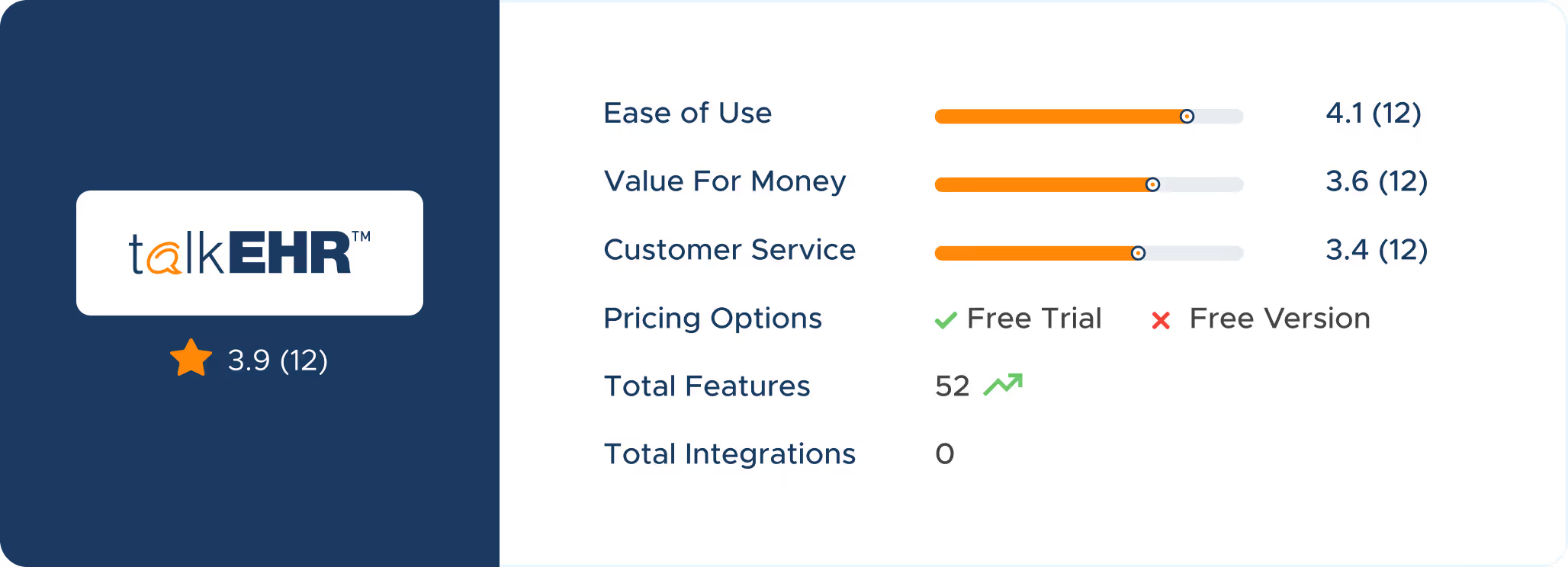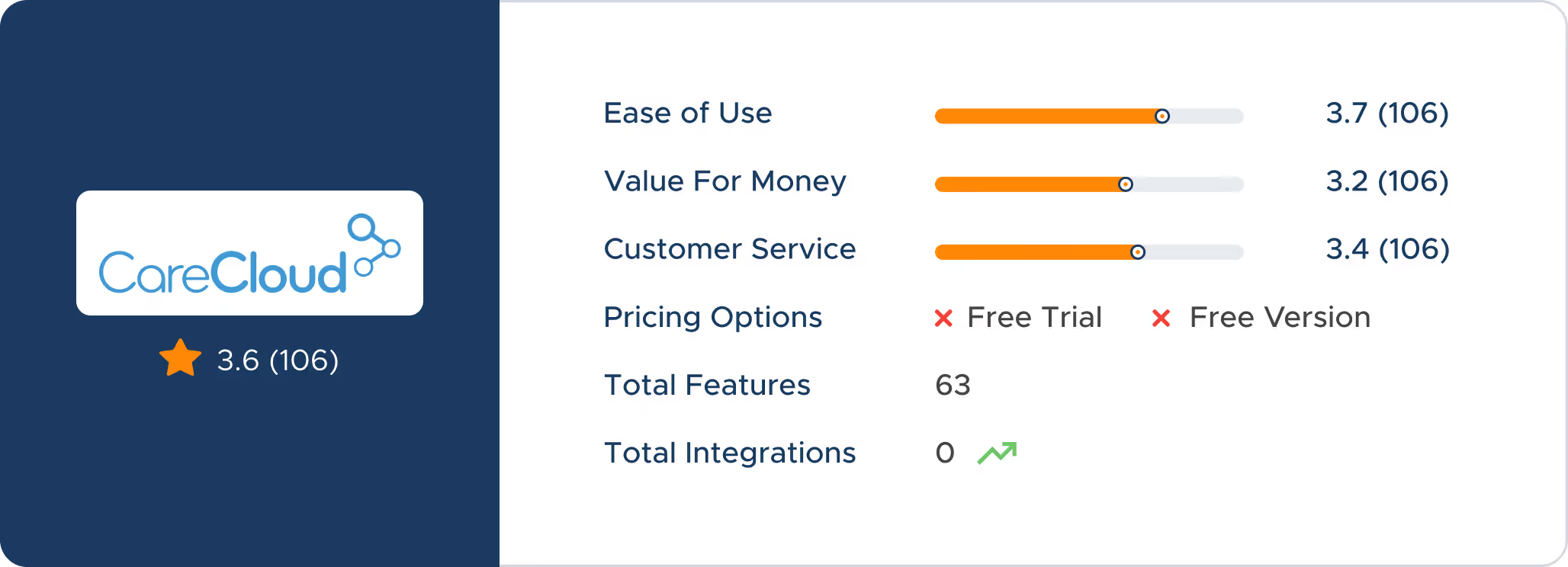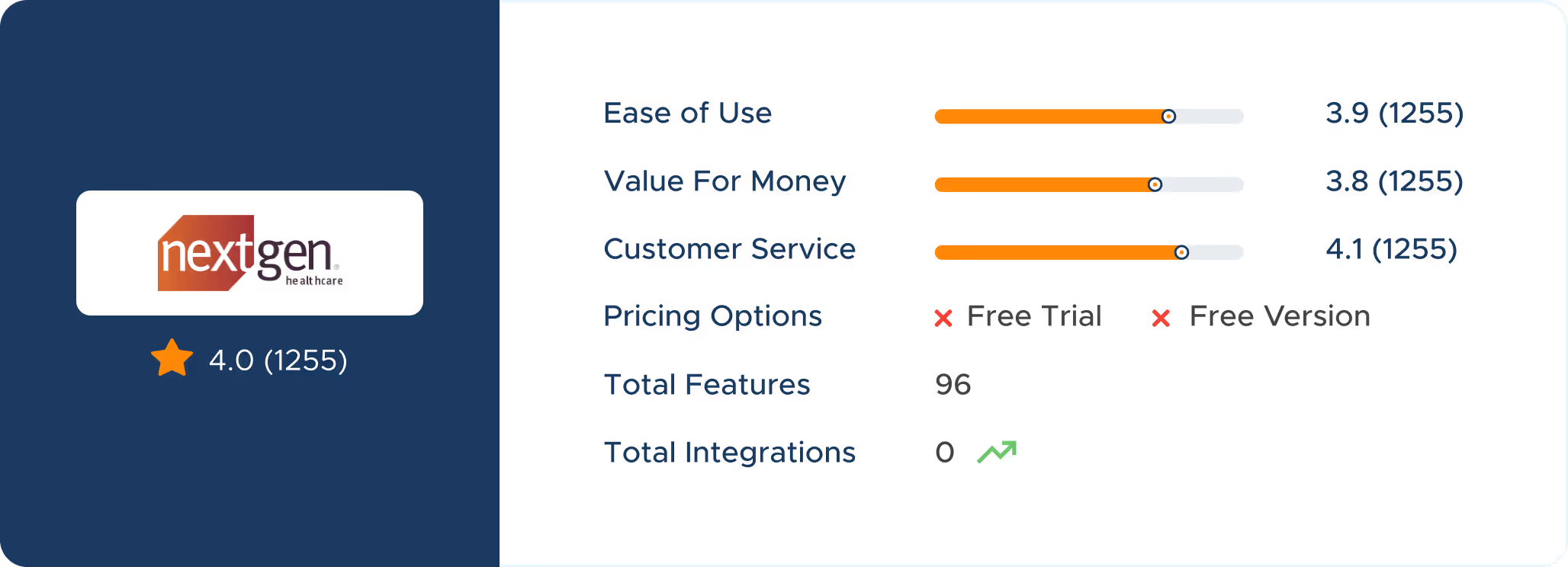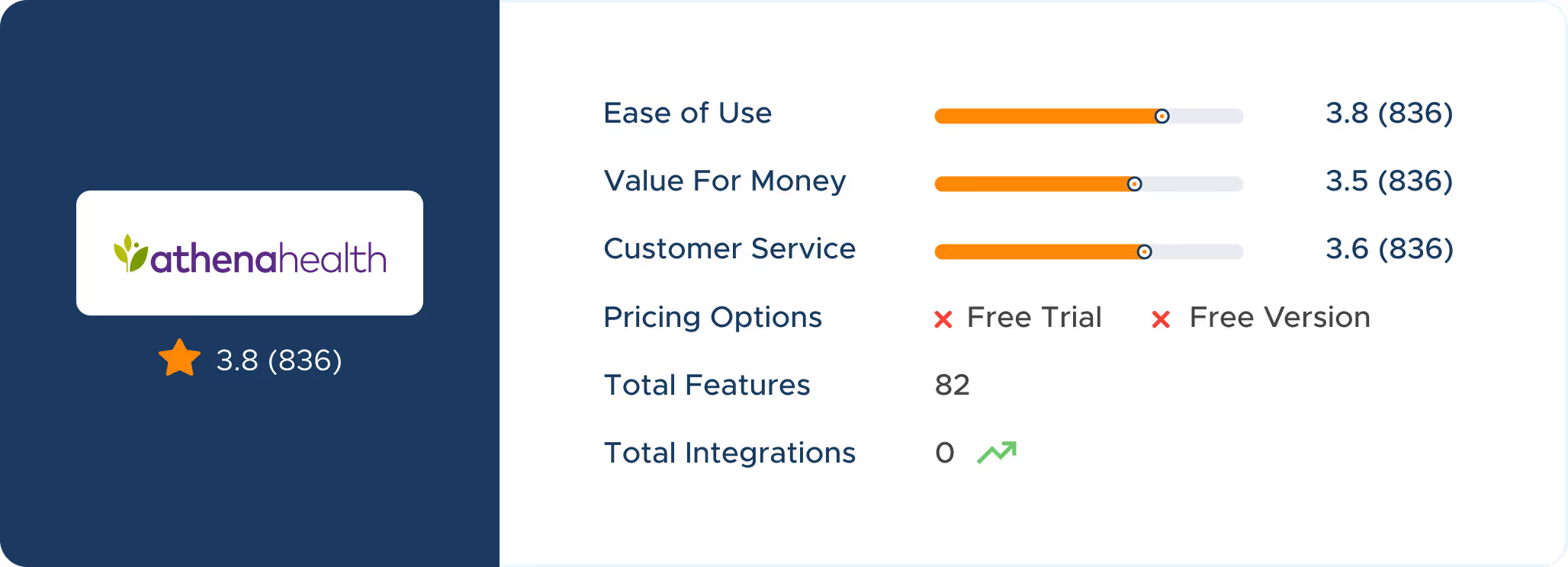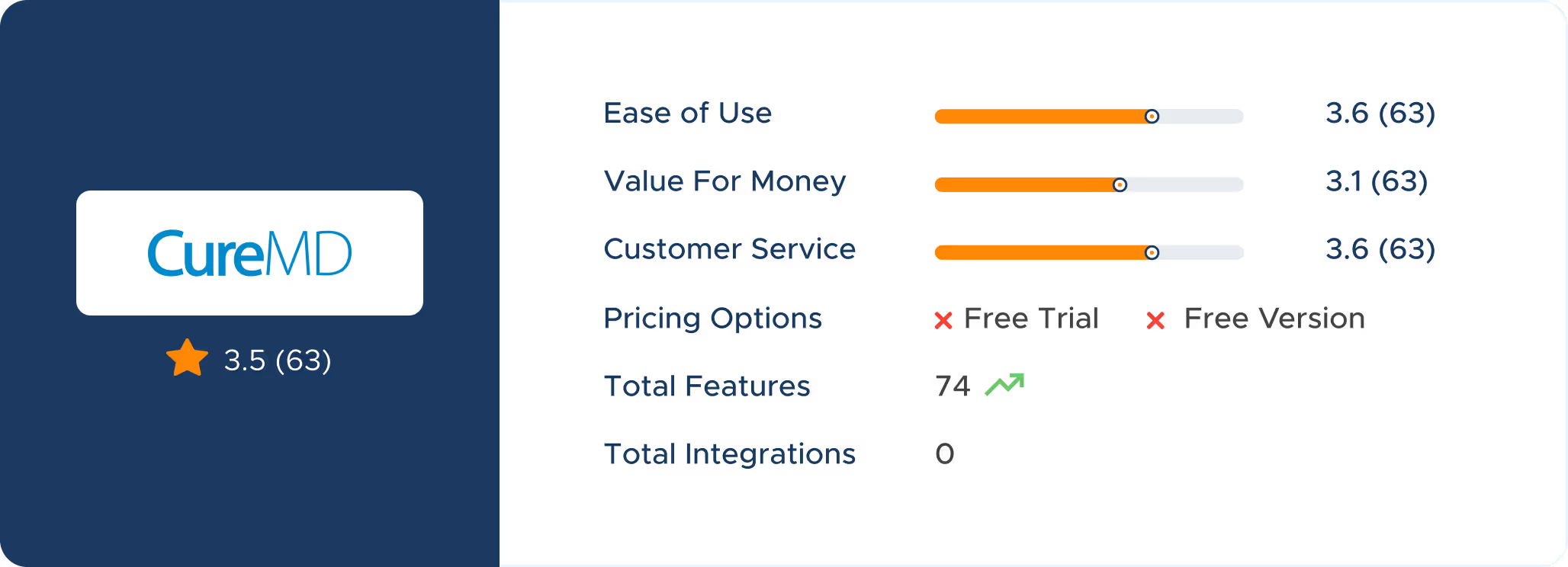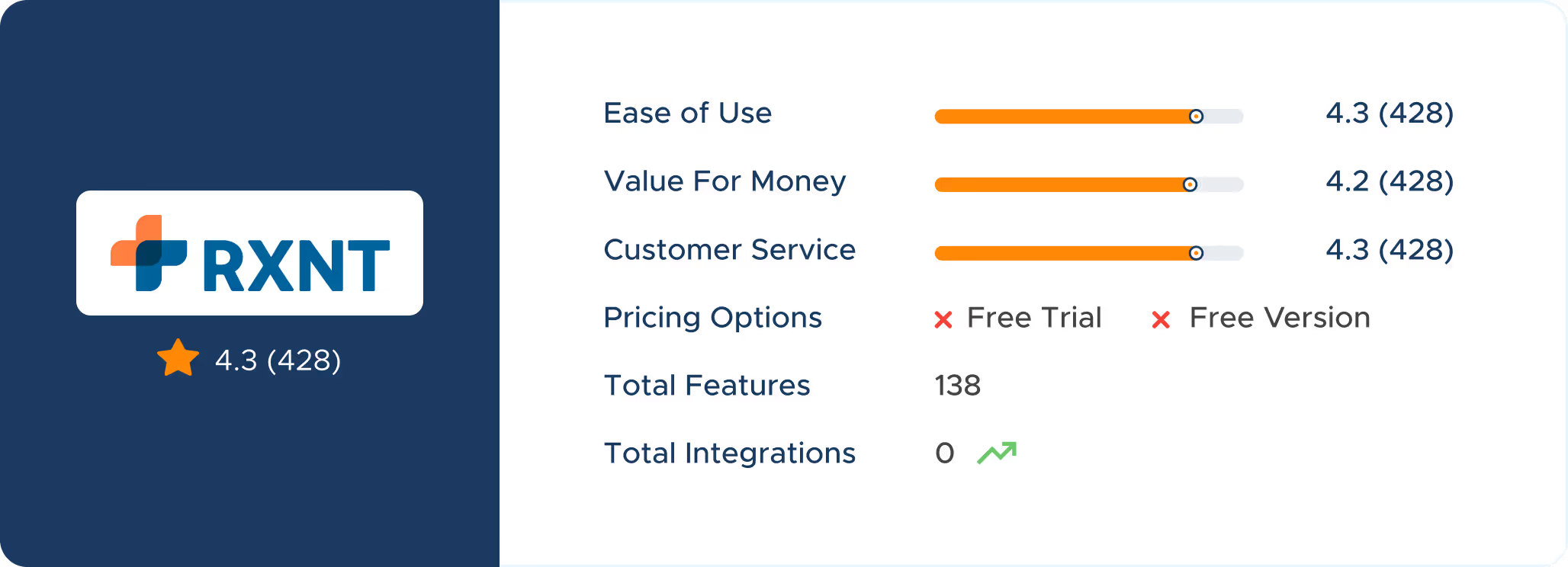What is Medical Coding?
Medical coding is the process of converting medical diagnoses, procedures, and services into the language of codes. These codes are important for billing, insurance claims, and data analysis in the healthcare industry. Accurate coding ensures accurate reimbursement and facilitates efficient healthcare delivery.
Medical Coding Types:
Medical coding encompasses various code sets, including:
- ICD-10-CM/PCS: Diagnosis Coding.
- CPT: Procedure Coding.
- HCPCS: Supply and Service Coding.
Medical coding plays an important role in accurately documenting health services, diagnoses, and procedures. It is important that healthcare professionals and regulators understand the laws. First, ICD-10-CM/PCS (International Classification of Diseases, 10th Revision, Clinical Modification/Procedure Coding System) is primarily used for diagnosis coding, assigning codes for specific diseases, injuries, and health conditions, and services provided during detailed tests.
On the other hand, CPT (Current Procedural Terminology) codes focus on procedure coding, detailing the services provided during medical treatments, surgeries, and examinations.
Finally, HCPCS (Healthcare Common Procedure Coding System) codes are used for supply-chain codes, including medical devices and supplies, in which non-physician services are included. Each of these code sets establish accurate documentation in the healthcare system, playing an important role in coverage and reimbursement of care.








